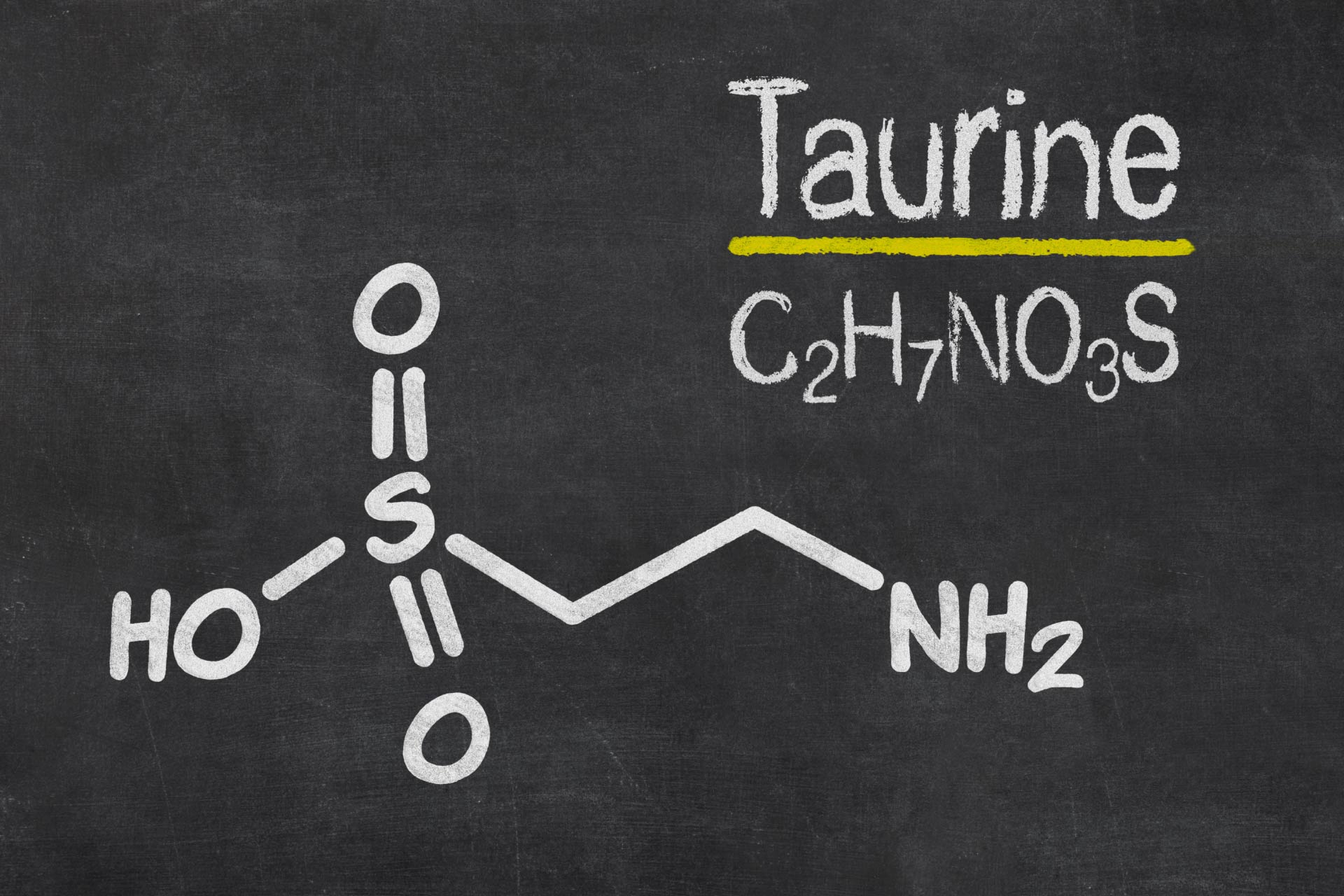• Taurine users
• Protection boost
What is already known on this topic
The community of microbes inhabiting the gut provides protection from invading pathogens through a range of mechanisms that can either directly or indirectly slow pathogen growth. But how prior infections influence these protective mechanisms is poorly understood.What this research adds
Researchers collected the microbiota from mice that had been infected with the food-borne pathogen Yersinia pseudotuberculosis and from others that hadn’t. Infected mice had higher levels of compounds containing the amino acid taurine in their guts. These mice also had higher levels of Deltaproteobacteria — a class of gut microbes that consume taurine and convert it into a toxic molecule that blocks pathogens’ growth. The researchers then transferred gut microbes from each group into separate groups of recipient mice, which were then exposed to the human pathogen Klebsiella pneumoniae. Recipients of microbes from mice infected with Y. pseudotuberculosis were more protected from Klebsiella than were recipients of microbes from uninfected mice. Giving mice taurine as a supplement in drinking water also helped the microbiota to prevent infection.Conclusion
The findings suggest that intestinal infections ‘train’ mice to produce taurine, which promotes the growth of protective gut bacteria.
Intestinal pathogens can ‘train’ the microbiota to provide protection against future infections, according to a study in mice.
The findings, published in Cell, could help to develop alternatives to antibiotics, which become less effective as bacteria develop resistance to the drugs.
Scientists have known that the gut microbiota provides protection from invading pathogens through a range of mechanisms that can either directly or indirectly slow pathogen growth. But how prior infections influence these protective mechanisms is poorly understood.
A team of researchers led by Apollo Stacy and Yasmine Belkaid at the US National Institutes of Health collected gut microbes from mice that had been infected with the food-borne pathogen Yersinia pseudotuberculosis and from others that hadn’t.
Taurine users
Compared to uninfected mice, rodents infected with Y. pseudotuberculosis had higher levels of bile acids containing the amino acid taurine in their guts. These mice also had higher levels of Deltaproteobacteria — a class of gut microbes that consume taurine and convert it into hydrogen sulfide, an inhibitor of cellular respiration that can block pathogens’ growth.
Next, the researchers transferred gut microbes from each group into separate groups of recipient mice, which were then exposed to the human pathogen Klebsiella pneumoniae. Recipients of microbes from mice infected with Y. pseudotuberculosis were more protected from Klebsiella than were recipients of microbes from uninfected mice.
Giving mice taurine as a supplement in drinking water also helped the microbiota to prevent infection. But this protection from infection waned when researchers added bismuth subsalicylate to the drinking water. That’s because bismuth subsalicylate, which is commonly used to treat diarrhea, inhibited hydrogen sulfide production, leading to the expansion of potentially pathogenic bacteria such as Enterococcus faecalis and Escherichia coli.
Protection boost
The findings suggest that, at high levels of taurine, hydrogen sulfide inhibits infection by preventing pathogens from accessing oxygen.
The study “reveals a process by which the host, triggered by infection, can deploy taurine as a nutrient to nourish and train the microbiota, promoting its resistance to subsequent infection,” the researchers say. “By probing the consequence of pathogenic exposures on colonization resistance, we discovered that host metaorganisms adapt to infections by nourishing their gut microbiota with taurine, a strategy that serves to boost the microbiota’s production of sulfide and ensure its heightened resistance against future pathogen invasions.”
The results also support the idea that taurine and hydrogen sulfide could be used to enhance resistance of the gut microbiota to intestinal pathogens.









